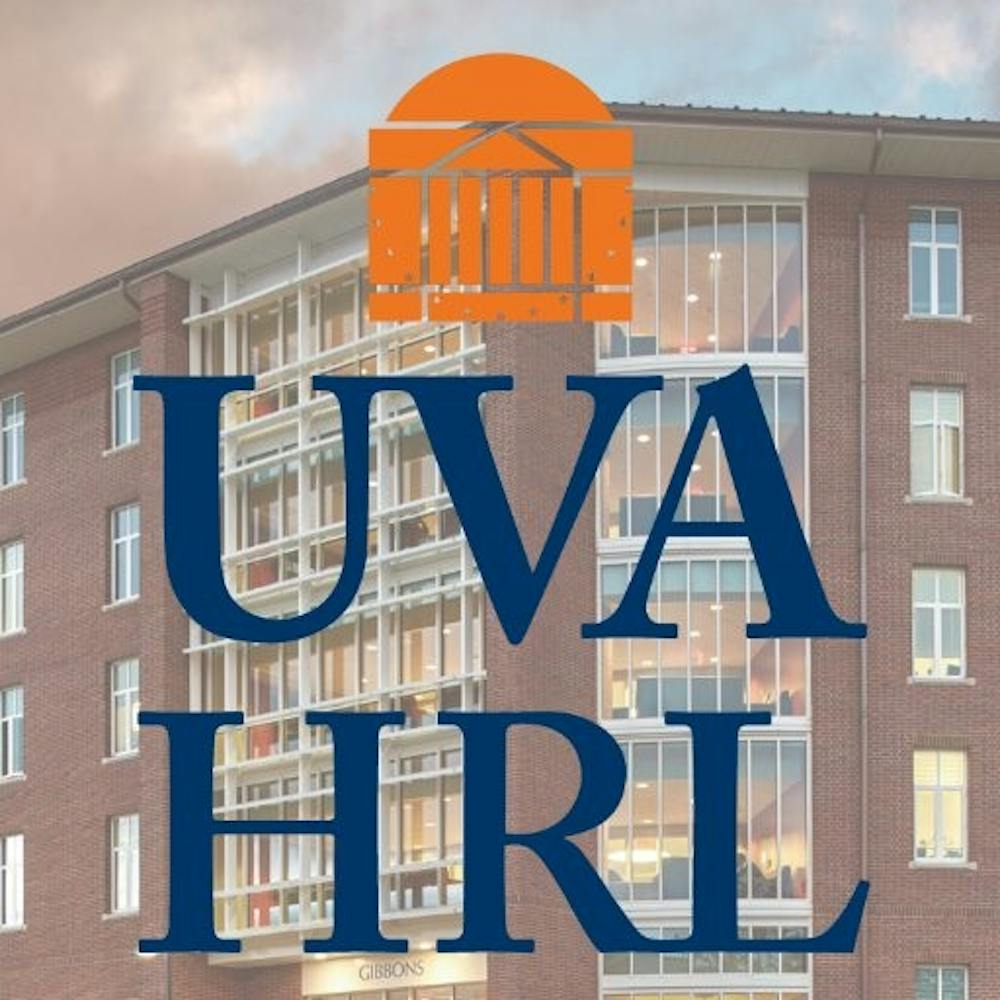The University’s Resident Advisor application for the 2018-19 academic year recently opened. The selection process is competitive, but once a student is selected for an RA position, they can remain a part of the program throughout their time at the University. Additionally, as compensation for their work, each resident advisor receives a rent-free room in one of the University’s dorms and a 50 swipe meal plan with $130 worth of Plus Dollars for each semester. While these benefits may seem great, for the amount of work an RA does, more benefits are well deserved. Compensation through a meal plan is well intentioned, but the 50 swipe meal plan is not enough to last an entire semester — the University is shortchanging its RA staff.
Provision of a larger meal plan is important not only for RAs, but also for their residents. Meals are one of the simplest and most effective ways for Resident Advisors to connect with students, particularly first-years. During the first few weeks of school, RAs often eat many meals in the dining hall with their residents to help them acclimate to their new lives at the University. Meeting residents for a few meals a week during the first several weeks of school can use up many of the meal swipes allocated to each RA for the first semester. This leaves little leeway for the rest of the semester in terms of sharing meals with residents or simply getting food in a pinch. Unless the staff member has the financial ability to supplement the small meal plan with their own funds, their dining hall connections with residents are limited by the resources they are provided. The best RAs are those who are able to connect with residents on a frequent basis, and the size of the current meal plan hinders this ability.
Furthermore, many of the residence halls which house first-year students do not have kitchens, so once RAs run out of meal swipes, the most convenient option is to pay the University for a larger meal plan. The cost of a meal swipe in the University’s different meal plans averages between nine and 11 dollars per meal swipe, a considerably more expensive option than buying and preparing food. RAs make significant contributions to the University community, and they should not have to pay extra in order to have enough to eat each semester. Particularly for a RA with financial constraints — whose financial aid package may already have been negatively affected by their position — paying for an extended meal plan may be unattainable. The meal plan provided to each RA should be enough to cover at least one meal a day for the entire semester.
For the number of hours RAs put into their work, they deserve far more than a small meal plan as compensation. The plan covers much less than one meal per day for each RA and students who tirelessly dedicate themselves to assisting other classmates deserve better benefits. Working with Housing and Residence Life includes many responsibilities, such as community creation, counseling in times of crisis, program development and various administrative duties. Each of these tasks requires immense commitment from RAs who — though they are paid with housing — are given little else. These students leaders — particularly those with financial constraints — should not have to worry about budgeting a tiny meal plan to last an entire semester. Though critics may argue that the expense of a larger meal plan for each RA would be too great, the University’s Resident Advisors provide kindness, safety and counseling to all students living on Grounds and we cannot put a price tag on that benefit.
Carly Mulvihill is the Senior Associate Opinion Editor of The Cavalier Daily. She may be reached at c.mulvihill@cavalierdaily.com.







